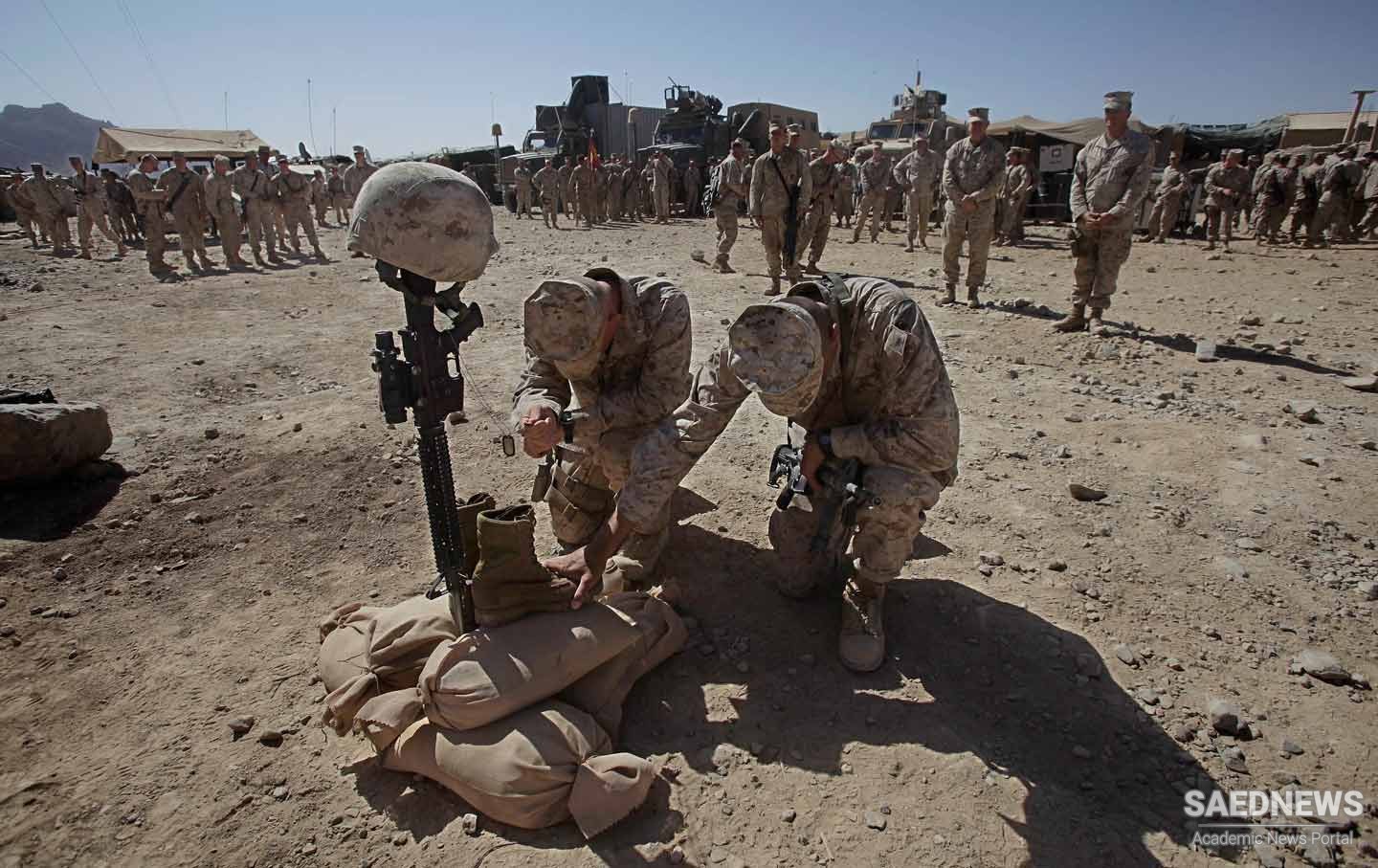The just war position also contains a continuum of perspectives, extending from limited police action to all-out war, based on a set of moral criteria that can vary significantly in different settings. Views on whether a particular use of force is justified range from a restrictive interpretation that permits military action only under narrowly constrained circumstances, to more expansive claims that seek to justify large-scale military operations and even the unprovoked invasion of other countries. Analysts often differ on whether a particular use of force, such as the 1991 Gulf War, meets the classic moral criteria of a just war. Most ethicists within the tradition agree, however, that the just war framework is based on a presumption against the use of military force. All share Walzer’s insistence on addressing the moral reality of war. The use of military force is not merely an extension of politics. It is a moral act of supreme importance that must be judged according to the strictest ethical standards. The continuum of pacifism can be combined with that of just war to form a continuous range of options extending from absolute nonviolence at the one end to the justification of war at the other. All the differing perspectives on war and peace thus can be considered in relation to one another. This is the approach employed by Ceadel in his classification of five major perspectives on peace and war. John Howard Yoder also combined the two traditions in a standard lecture I had the privilege of hearing on several occasions. Yoder argued that a systematic and rigorous application of just war principles – just cause, right authority, last resort, probability of success, proportionality, discrimination – would make war extremely rare. Philosopher John Rawls wrote that justice demands a form of “contingent pacifism.” The possibility of just war is conceded in principle, but the far greater likelihood is that war will be unjust, especially when waged by large and powerful states against weaker nations. Given the often predatory aims of state power the demands of justice may require resistance to war.


 Pacifism in Underdeveloped World: Peace and Resistance
Pacifism in Underdeveloped World: Peace and Resistance














































